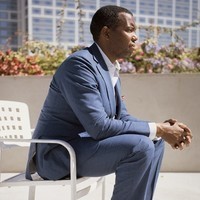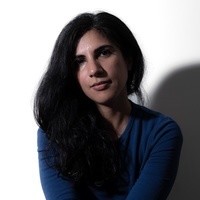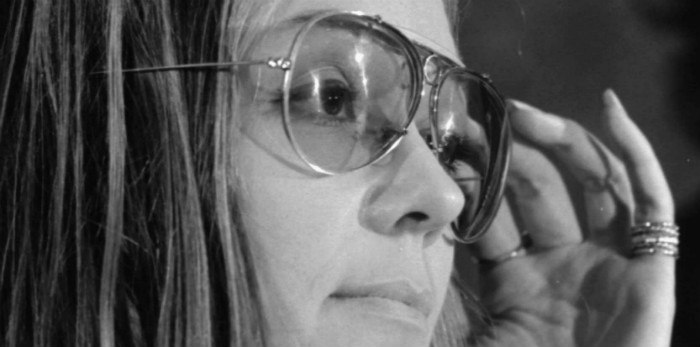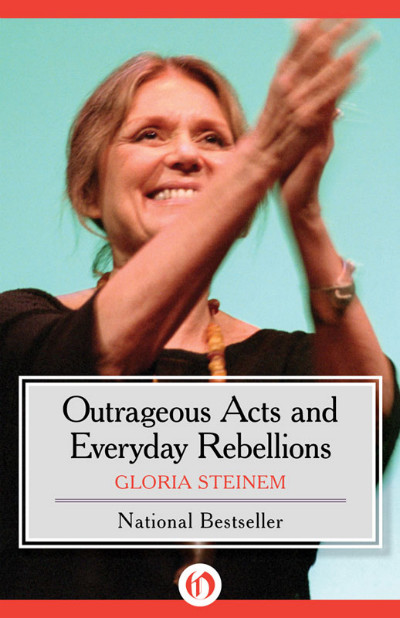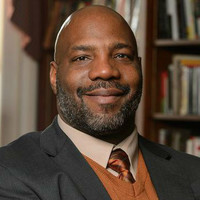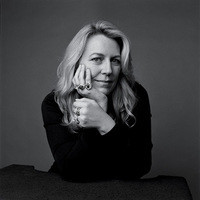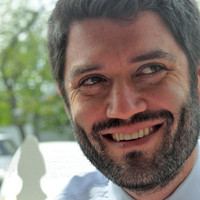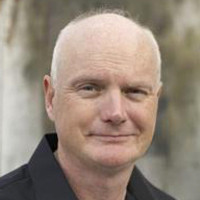Hillary Clinton is the former Democratic nominee for president. Her new book is What Happened.
“I hugged a lot of people after [my concession speech] was over. A lot of people cried … and then it was done. So Bill and I went out and got in the back of the van that we drive around in, and I just felt like all of the adrenaline was drained. I mean there was nothing left. It was like somebody had pulled the plug on a bathtub and everything just drained out. I just slumped over. Sat there. … And then we got home, and it was just us as it has been for so many years—in our little house, with our dogs. It was a really painful, exhausting time.”
Thanks to MailChimp, Audible, and Casper for sponsoring this week's episode.



